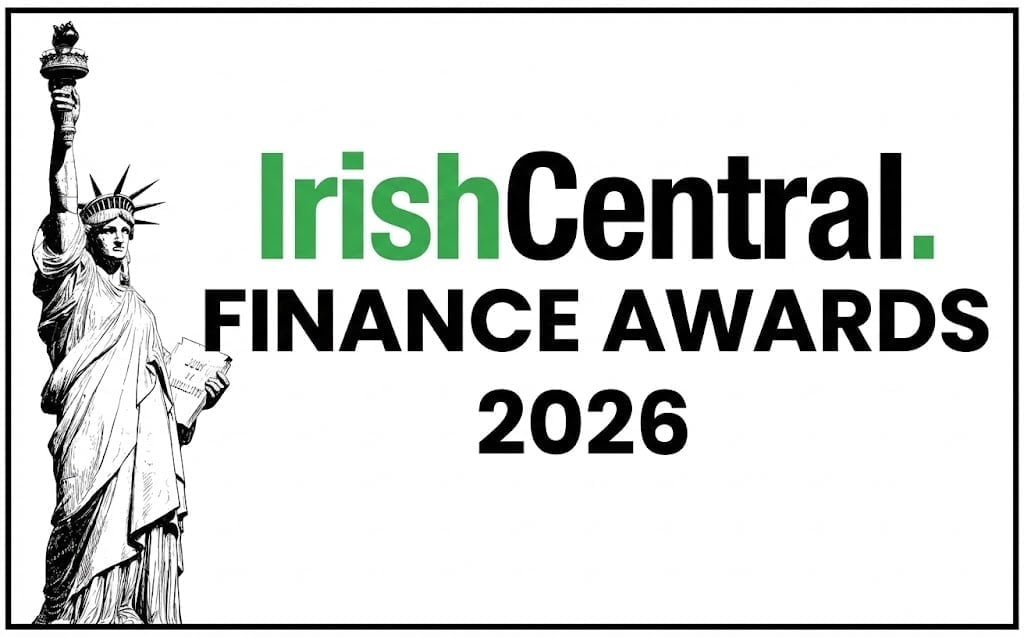The IMF deal to bail-out the Irish economy has been agreed. The deal will mean that Ireland will receive €85 billion.
The Irish Government has said the purpose of the external financial support is to return the economy to sustainable growth. The €85 billion bail-out, or rescue package, will ensure Ireland has a functioning banking system.
Ireland will contribute €17.5 billion, from the National Pension Reserve Fund (NPRF) and other resources. The bail-out itself will include €35 billion to support the failing Irish bank system, €10 billion for recapitalization and €25 billion, which will be provided on a contingency basis.
Joan Burton, of the Irish Labour Party, said that the Europeans and International Monetary Fund (IMF) had "played better poker" than Ireland. She claimed that the Irish government had gambled away assets such as the pension reserve fund in the discussions. "The EU and IMF have us where they want us," she said.
Speaking to Ireland’s national broadcaster, RTÉ, she said “we are being asked to put up front ... all the assets we have as a country.” She added that when our cash reserves run dry “trap has closed on Ireland and we are banjaxed.”
Labour Party Leader, Eamon Gilmore, described the bailout as a sell out of the Irish taxpayer. He claimed that the IMF and EU had walked over a weak Irish Government and the Irish tax payers had now been dealt a debt that is unsustainable.
He believes that the NPRF will short change pensioners of the future. Mr Gilmore also said that the extension of the deadline for deficit reduction illustrated that the Government are not confident that the deal will work.
Michael Noonan, the Finance Spokesperson for the Fine Gael Party said that the opposition parties had been made aware that a contribution would come out the NPRF saying that this was, at least, money that “we won’t have to be borrowing elsewhere”.
Although, he said, the deal was as expect he still believes that interest rate, of 5.8 percent, is too high.
He called it a “a peculiar arrangement where there's a subsidiary fund against losses attached to this - so to get €100 you can use, you must borrow €120 and pay interest on the lot.'
Mr Noonan said that pitch the rate so high would force Ireland back to the bond market.
In a statement issued by Mr Noonan he said “The Government has been out-bid and out-negotiated at every turn. For some reason the Government decided to play it soft, and allowed the IMF, the EU and the ECB to win hands down.'
The Irish Business and Employers Confederation (IBEC) have estimated that the interest rate will cost Ireland about €5 billion per year. Head of IBEC, Danny McCoy, said that Ireland must now get the economy growing, get as many people as possible back to work and help pay off this debt.
President of the Sinn Féin Party, Gerry Adams said that the deal is terrible. He described the interest rate as unaffordable and said the decision to take money from the Pensions Reserve Fund is a disaster. He said this money would just be poured into the black hold that “is our banking system”.
Sinn Féin’s parliamentary leader, Caoimhghín Ó Caoláin said the Irish Government’s deal “condemns this and future generations of Irish people to economic bondage for many years to come”.
Irish Congress of Trade Unions (ICTU) General Secretary, David Begg, said the interest rate is penal, too high and that the EU had done us no favors. He called the labor reforms mentioned in the deal a euphemism for reducing the minimum wage. He pledged that the ICTU would fight this point.
Jack O'Connor, the General Secretary of the Services, Industrial, Professional and Technical Union called the deal a shameful indictment of the right-wing policies which have formed the Irish Government over the last 13 years.
Mr O’Connor said that the deal means senior bank bondholders would be protected while the lower paid in the country would be crucified.
He said “The plan unveiled today should have been announced in Lourdes because, short of a miracle, it is doomed to failure.”
The Governor of Ireland’s Central Bank, Patrick Honohan, said that he welcomed the deal. He said the support of the European Commission, ECB and the IMF means a clear path has been set for the economy of Ireland. He said the program endorses the current Irish policy approach to banks. He also said that it provides the necessary assurance to achieve reconfiguration and the downsizing of the banks.




Comments